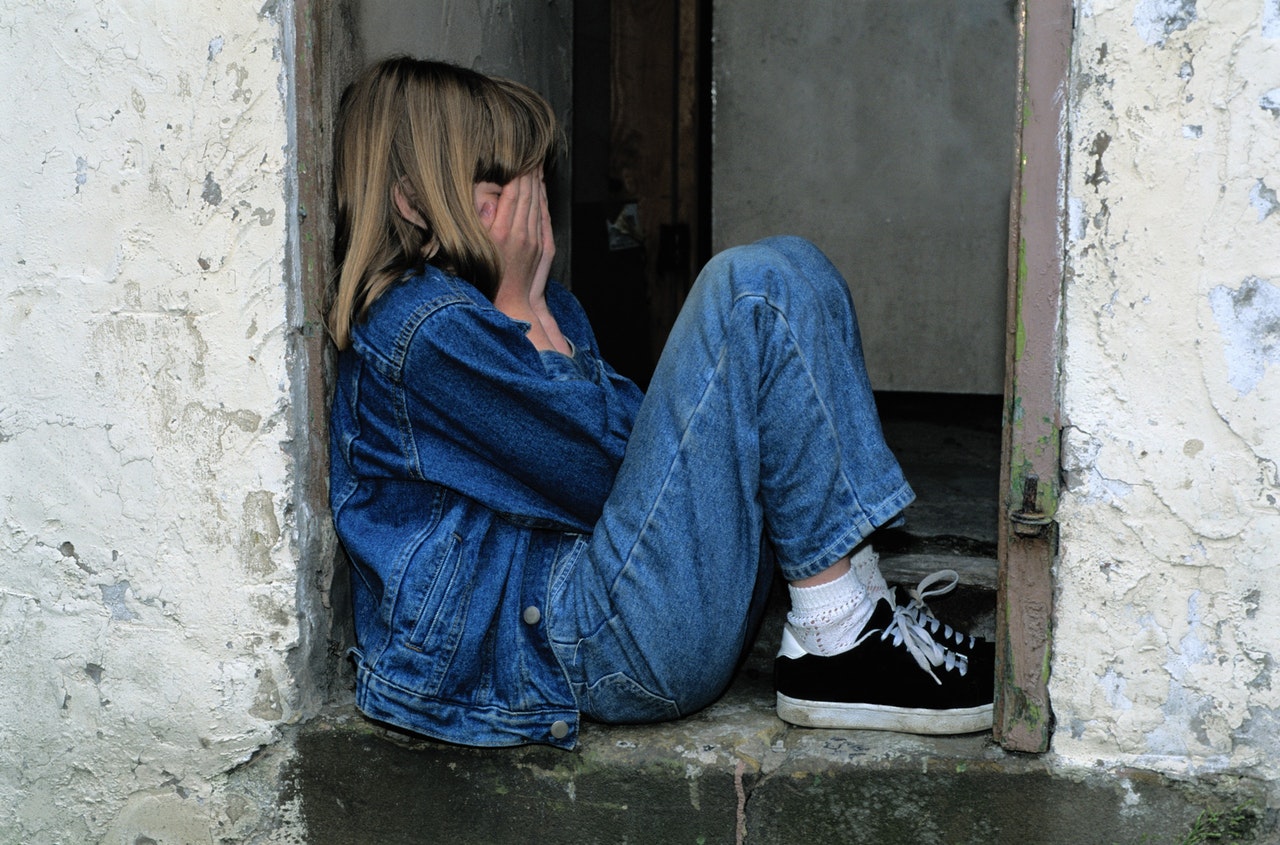

Pressures placed upon schools and colleges in terms of their roles and responsibilities to safeguard and protect children and young people is most definitely increasing. Speak to any school leader with designated safeguarding lead responsibilities and they will tell you so. We know that educational establishments play a key role in providing unique opportunities to identify and intervene when there are concerns about students’ welfare and safety however, as much as this is a major strength for the sector, it continues to be a rising challenge also. It’s widely publicised that social care in England is in crisis, a glance at current statistics gives a desperate picture of the situation and also helps us to understand the existing landscape in terms of how this crisis impacts upon universal services such as schools and colleges.

In England alone, we have recently seen an increase in referrals to social care. Statistics for 2016/17 noted in the report Characteristics of children in need: 2016 to 2017 England, Department for Education that 646,120 referrals were made to social care during this period equating to roughly 1,770 referrals each day resulting in a staggering 1 referral every 49 seconds. More concerning was a recent report stating that a considerable number of local authorities are struggling to meet their statutory duties to protect children and young people. It doesn’t take much to figure out why we now experience higher thresholds, inconsistently applied that frequently result in lower level judgements or even worse ‘no further action’ responses. It remains a serious problem and a national responsibility that a lack of resource is the main component that influences decision making.
Early help services and expectations
This summer, Children’s Commissioner, Anne Longfield OBE, produced the annual report on Public Spending on Children in England: 2000 – 2020. She stated that ‘spending on early and preventative interventions such as Sure Start and young people’s services, has been cut around 60% in real terms between 2009-10 and 2016-17’. The demise of early help provision is yet to be fully recognised although we know that late interventions are now the norm for when action is taken by social care impacting further on stretched Government budgets. The recently revised Working Together to Safeguard Children (July 2018) not only explains arrangements under the Social and Social Care Act 2017 that will transition from Local Children Safeguarding Boards into ‘Safeguarding Partners’, it also has a stronger feature on expectations for early help responses and need for services. It makes clear that ‘effective early help relies upon local organisations and agencies working together’ reiterating that the components of effective early help by which multi-agency services should engage include, early identification, contribution to assessment and providing targeted early help services for children and families who will benefit from them. An amended list for the potential need for early help now includes a child who;
The focus on expectation upon schools and colleges to engage in early help processes is further embedded in Keeping Children Safe in Education (Sept 2018). A reminder that ‘schools and colleges have an important role to play in multi-agency safeguarding arrangements’ is stated in the revised document. It clarifies that ‘schools and colleges should work with social care, the police, health services and other services to promote children’s welfare’ this includes them ‘providing a coordinated offer of early help when additional needs of children are identified’. It’s worth remembering that early help is not a statutory duty for social care to fulfil.
No one disputes that everyone is responsible for safeguarding and protecting children and young people. No Government legislation or guidance will ever be the only reason why caring and passionate professionals in the education sector continue to respond appropriately if they are concerned about a child’s welfare. There are times however when greater challenge and scrutiny is needed to ensure that the role of universal services don’t morph into those that have statutory obligations and duties. A re-investment of early help services is urgently needed both nationally and locally. Greater acknowledgement from social care partners in regards to the time, skill and investment made by staff in schools and colleges would also be a welcome and much appreciated development and one that will only serve to build better and more effective partnerships going forward.